blog
Interview with photographer Tatiana Gulenkina
F-Stop Magazine: How did you first become involved in photography and what led to you working in this medium as an artist?
Tatiana Gulenkina: My dad was an amateur photographer, and he used to develop film in our bathroom, so my early childhood memories are associated with a distinct smell of stop-bath and wet paper. In college, I first majored in computer science but quickly switched to fine art, and then gradually photography became my primary focus.
F-Stop: The current “Black and White” issue of F-Stop includes photographs from your portfolio “Food Politics,” what is this project about and what led you to make this work?
TG: There were several things that made me think about the topic and eventually led to shooting a series of large-scale black-and-white photographs for this project. Raised in Europe, where I was used to having all-natural meals three times a day and spending most of my summers at our family farm, I was shocked by American food culture when I first visited the US. But then I saw it as a global trend when food is looked down upon as a product as opposed to a nutrient, healthcare as a business as opposed to a crucially important social service, education as a system of standardized tests… the list goes on and on. At that time, and now still, I was very engaged in different social initiatives and eager to learn how globalization, corporations and government policies affect our lives not just in obvious ways but on many more very subtle levels. Obviously, there is a lot of skepticism regarding whether or not anything can be done about it but I feel that the very least we can do is educate ourselves (as consumers and beyond), and take on personal responsibility for our choices.
Another issue that bothered me a lot was the notion of “ideal” body image, conceived by fashion magazines and digested by young girls. I had a few friends with eating disorders so I got to spend some time talking about their fears associated with food.
All of these made me want to explore the way current trends in food presentation reflect contemporary understanding of beauty. When it comes to commercials for brand-name clothing and accessories, general audience is used to seeing glimmering objects of desire worn by flawless skinny models. Nature doesn’t know much about standards and aesthetics; nonetheless, companies apply the same marketing strategies when they try to sell produce. Tomatoes should be petite, and all eggs in a carton have to be exactly the same size. The shape of fruit doesn’t have any direct connection to its nutritional value but as consumers we want to believe that prettier vegetables and fruits are somehow better, like we assume that more attractive people are more successful in life. There is a number of governmental regulations that only permit certain shapes and sizes of fruits and vegetables, and farmers have to sort out (and often throw away) as much as 30-50% of produce before they can sell it just because it doesn’t confirm to the standards. They might save a bit on the packaging but overall this wasteful practice just makes everything more expensive. Sooo… a lot to process. And I haven’t even started on GMOs.
F-Stop: Do you have a favorite image in this series? If so, which one and why is it the image that speaks to you most?
TG: I think I like the first image with a measuring tape the best because at that time I just started working with 4×5 camera, which was frustrating and rewarding at the same time, and that was probably one of the first images I was satisfied with. I originally chose to go with black and white because food is almost always photographed in color to increase its sensual appeal but in this case I wanted it to look more abstract and sterile. And of course the resemblance to a female shape…
F-Stop: In looking through your work as a whole, there seems to be a theme of juxtaposition or comparing and contrasting natural and artificial, is this something you are interested in and if so what do you think draws you to this?
TG: I like the idea of two opposites being two sides of the same coin. I don’t feel nostalgic about the idea of a pure natural state, if such even ever existed, and I am completely fascinated by the way technology is rapidly shaping our experience in every possible manner. Synergy and synthesis is where most of today’s scientific research is heading, causing a lot of ambiguity (which I enjoy), and as an artist I’m ready to embrace and work with materials of my own day.
F-Stop: What do you hope people see or feel or perhaps learn when they look at your photographs?
TG: I find it hard trying to project my own emotions to every single viewer. For me personally, photography is about different ways of seeing: from passive meditative observation to critical examination. I guess I just want to encourage people to be more curious about their surroundings, ask questions, and don’t take things for granted. In today’s world, when we get most of information through visuals – images, videos, infographics – art can be a great source of learning and empowerment, at least for me it has always been.
F-Stop: What are you working on now?
TG: Lately, I’ve got very interested in digital video and a mixture of still photography and moving images. So I’m remaking one of my old projects (Hybridology, 2010) in a form of a long time-lapse piece.
F-Stop: What photographers or other artists inspire you?
TG: I really like searching for inspirations outside of photo bubble, especially when it comes to the artists who don’t limit themselves to just one medium. Two museum exhibits that tremendously impressed me last year were by Ai Wei Wei and Anthony McCall; they both use light, images and film but not in a traditional manner. When it comes to contemporary photography, I enjoy work of Taryn Simon, Hank Willis Thomas, Amy Stein, and many, many others.
For more of Tatiana Gulenkina’s work: www.tatianagulenkina.com
Events by Location
Post Categories
Tags
- Abstract
- Alternative process
- Architecture
- Artist Talk
- artistic residency
- Biennial
- Black and White
- Book Fair
- Car culture
- Charity
- Childhood
- Children
- Cities
- Collaboration
- Community
- Cyanotype
- Documentary
- Environment
- Event
- Exhibition
- Faith
- Family
- Fashion
- Festival
- Film Review
- Food
- Friendship
- FStop20th
- Gender
- Gun Culture
- Habitat
- Hom
- home
- journal
- Landscapes
- Lecture
- Love
- Masculinity
- Mental Health
- Migration
- Museums
- Music
- Nature
- Night
- nuclear
- p
- photographic residency
- Photomontage
- Plants
- Podcast
- Portraits
- Prairies
- Religion
- River
- Still Life
- Street Photography
- Tourism
- UFO
- Water
- Zine

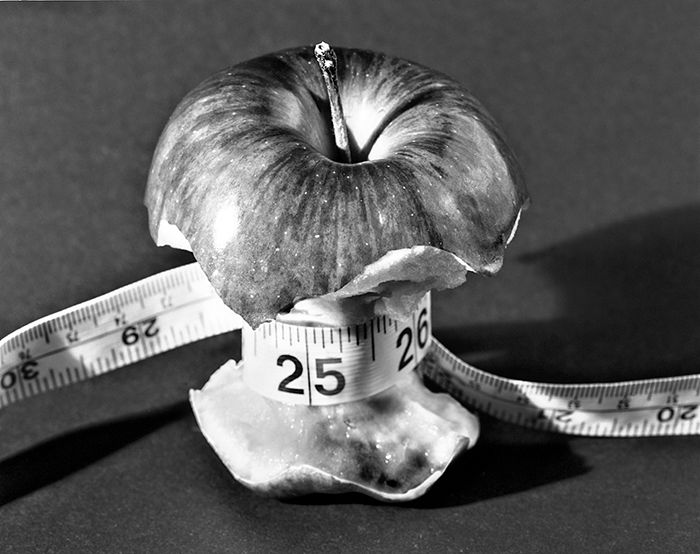
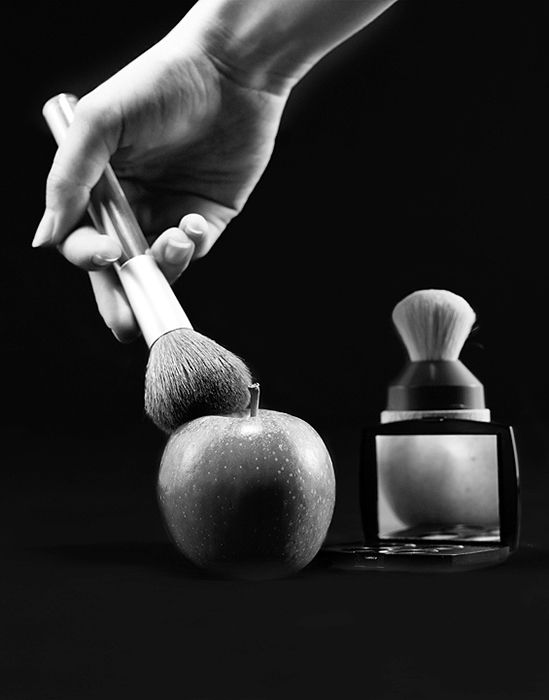
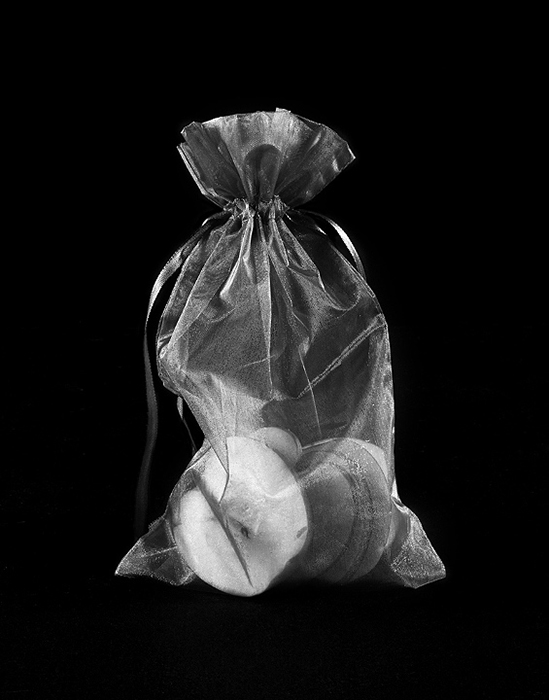
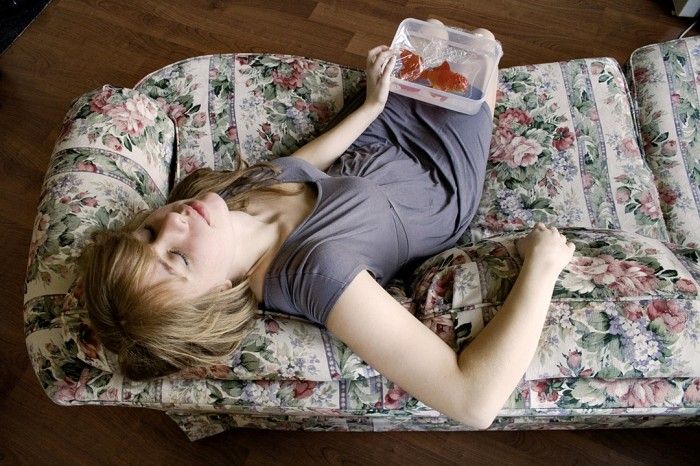
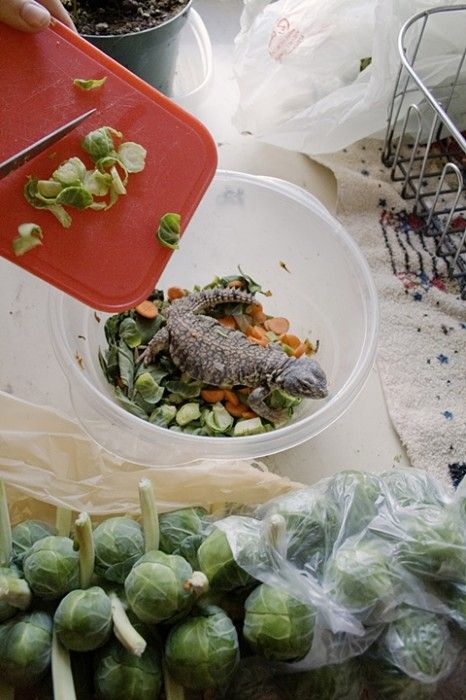
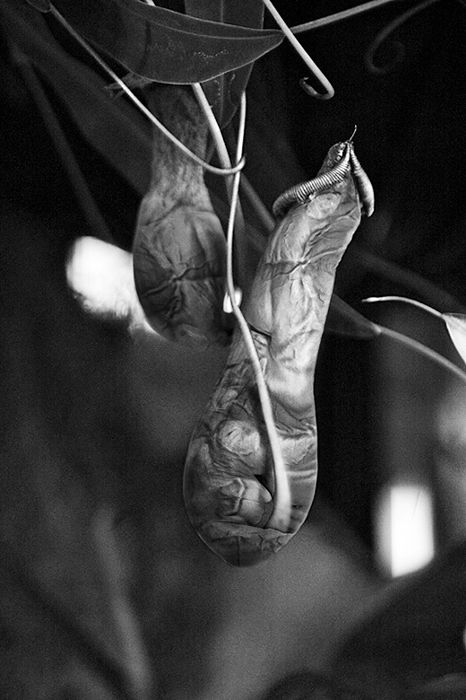
Leave a Reply